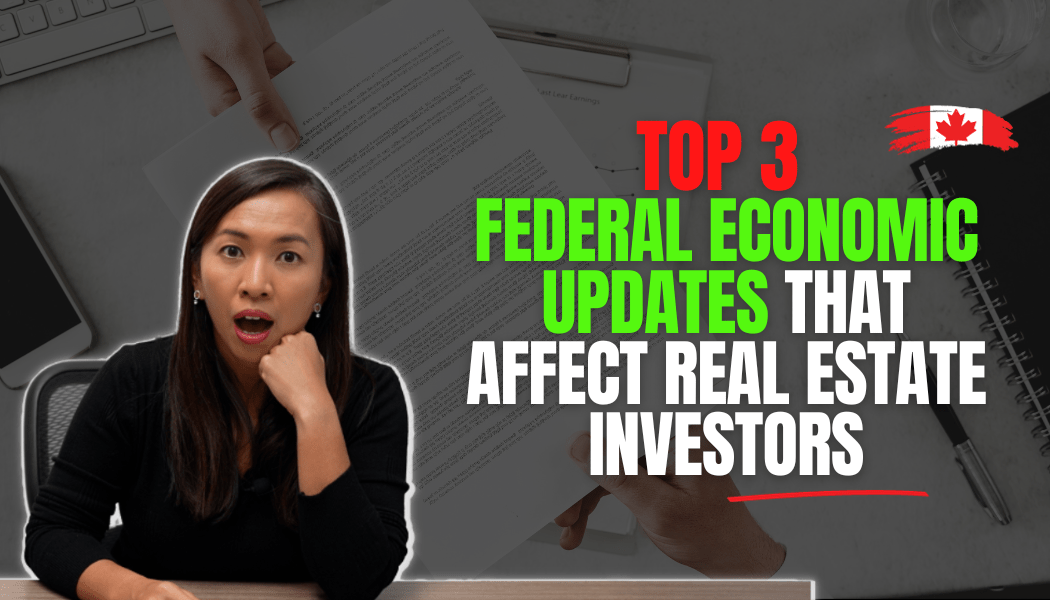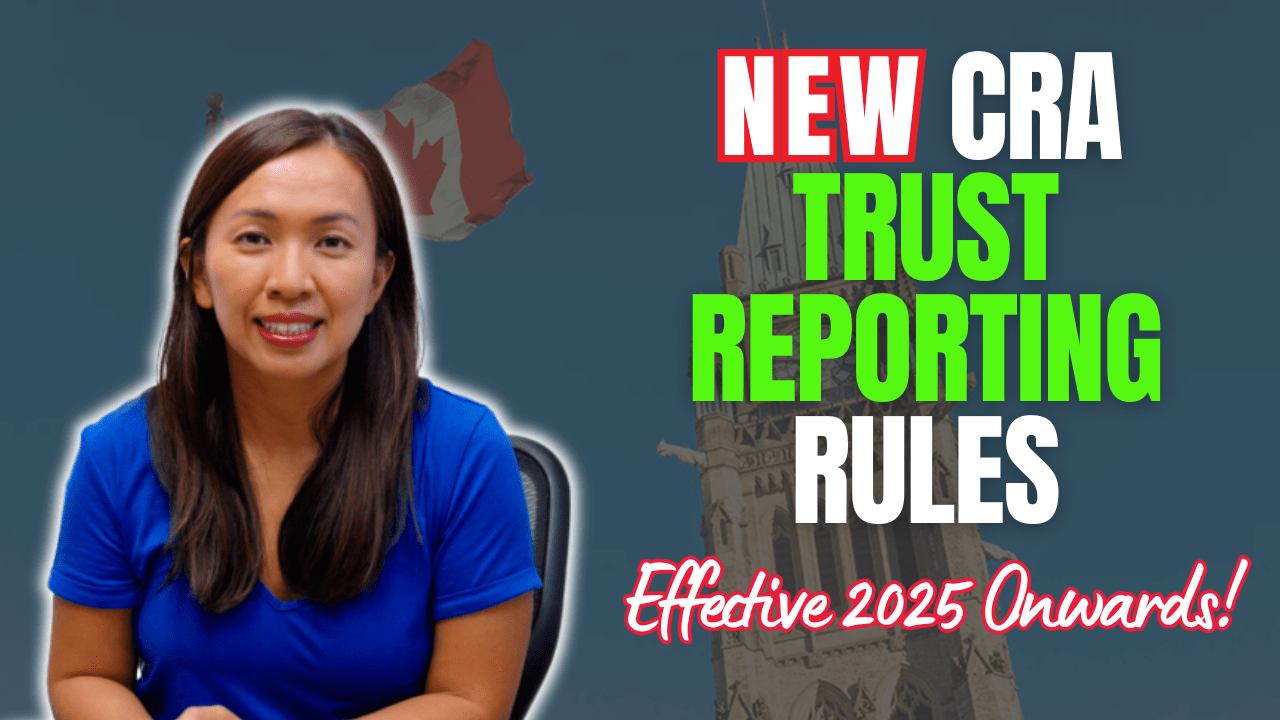1. Underused Housing Tax (UHT):
Have you ever heard about why we have Underused Housing Tax act in Canada? Our Canadian government told us that UHT is meant to target non-Canadian owners leaving their residential unit vacant and limiting the supply for Canadians who are in need of housing unit.
But when the legislation got released and enforced earlier in 2023, it was including all Canadian corporations, Canadian trustees and Canadian partnerships. It has added so much more compliance cost and headache for small scale landlords to own residential properties. In some cases, the legislation even affects apartment building owners who have “condominiumized” the building but still keep it as rental.
Many of these are exempted from paying taxes because they’re Canadian citizens or residents. But they still would have the filing obligation, reporting zero tax to pay. How stupid was that?
The government finally recognized the high cost of compliance and how meaningless it was to ask many Canadians to file this form and finally decided to make a change.
Filing obligation:
Before:
If you’re a trustee that owns residential properties in trust for another party, you would have UHT filing obligation, assuming you’re Canadian citizen/resident, you would have no tax to pay.
If you own a Canadian corporation which in turns own the residential properties under 4 units, your corporation would also have filing obligation, even though you have no tax to pay.
If you are a partner of a Canadian partnership that owns the residential properties under 4 units, you would have UHT filing obligation. Assuming you’re a Canadian citizen or resident, you would have no tax to pay.
After:
If you’re a trustee, you are considered excluded owners. Excluded owners have no filing obligation and no tax to pay.
If you own residential real estate 3 units and under through your corporation, your corporation is now considered excluded owner. No UHT filing obligation and no tax to pay.
If you’re a partner of a Canadian partnership and assuming you are a Canadian citizen, you’re considered an excluded owner. Again, excluded owners have no UHT filing obligation and no tax to pay.
These changes are applicable to 2023 and subsequent years.
Penalty:
Before:
Individual failed to file UHT, penalty is $5,000.
Corporation failed to file UHT, penalty is $10,000.
After:
Individual failed to file UHT, penalty is $1,000.
Corporation failed to file UHT, penalty is $2,000.
Others
If you have a condominiumized apartment buildings, you would have been required to file UHT for each condo unit. Under the new guideline, condominiumized apartment buildings are no longer considered as “residential property” for UHT purposes, effective as of 2022 and subsequent years. No filing obligation and no tax to pay.
Effective 2024 and onwards, individual and his/her spouse can only use the vacation unit exemption with one property. If you or your spouse own two or more “vacation properties” and leave them vacant, you can be liable for UHT starting from 2024 and onwards.
2. Disallowed Short-term rental deductions
As real estate investors, one of the ways to bypass the crazy Landlord Tenant Board is to operate the residential properties as short-term rental. Due to housing crisis, many municipalities, including Toronto, Montreal and Vancouver, have rules prohibiting short-term rental operation.
The Federal government decided that effective 2024 and onwards, any expenses incurred for the purpose of operating the short-term rentals in these areas will be denied.
In addition, the expense deductions would also be denied if the short-term rental does not comply with the applicable provincial, municipal licensing, permitting or registration requirements. This means that even if you’re operating a short-term rental in an area that permits such operation, but you haven’t registered for proper license imposed by the local government, CRA will deny your income tax deductions starting January 1, 2024.
In addition, the Federal government decided to spend $50 million over the next 3 years to help municipalities to crack down on non-compliance of short-term rentals. Yikes ☹
3. New Canadian Mortgage Charter
It is difficult to understand the Canadian government from time to time. On one hand, it increases the interest rate substantially and signals to the market not to anticipate any reduction in the short-term. On the other hand, it’s setting up even more policies and rules to “protect” Canadians who may not be able to afford the increase mortgage payment due to interest rate increase.
It almost sounds like the government is trying to protect Canadians from the policies that the government created in the first place, don’t you think?
Anyhow, here’s what the Federal government says about this New Canadian Mortgage Charter:
Canadians can expect:
- Allowing temporary extensions of the amortization period for mortgage holders at risk;
- Waiving fees and costs that would have otherwise been charged for relief measures;
- Not requiring insured mortgage holders to requalify under the insured minimum qualifying rate when switching lenders at mortgage renewal;
- Contacting homeowners four to six months in advance of their mortgage renewal to inform them of their renewal options;
- Giving homeowners at risk the ability to make lump sum payments to avoid negative amortization or sell their principal residence without any prepayment penalties; and,
- Not charging interest on interest in the event that mortgage relief measures result in a temporary period of negative amortization.
The good news is that now Canadians have a few more options available with their home mortgage.
Cherry Chan, CPA, CA
Your Real Estate Tax Accountant





